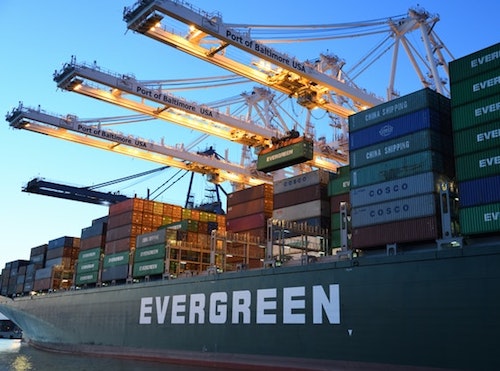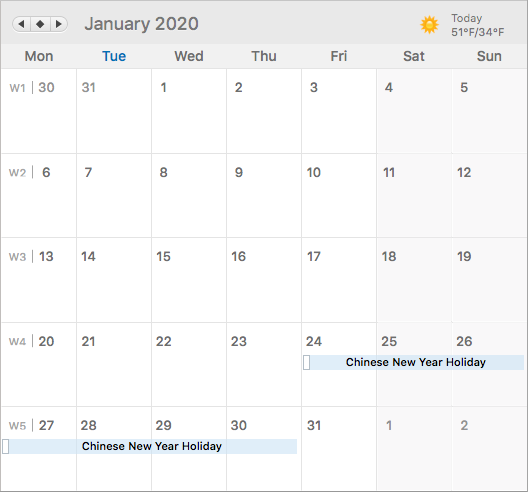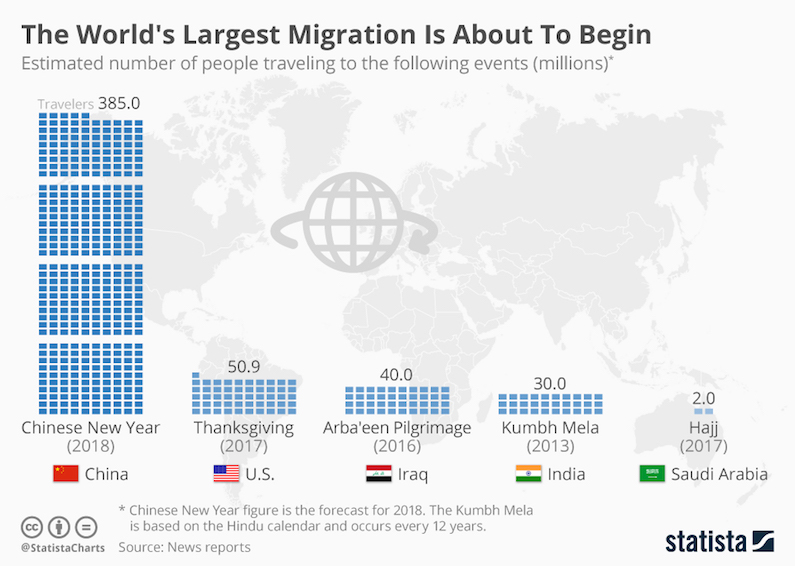Chinese New Year 2020: Avoid Problems With Your Orders
Every year, the Chinese New Year (CNY) holiday comes around and throws newer importers for a loop. At the time of writing this, the holiday is a little more than a month away. The Year of the Pig will be over and the Year of the Rat will begin the next day.
Chinese New Year 2020: Avoid Problems With Your Factory

Every year, the Chinese New Year (CNY) holiday comes around and throws newer importers for a loop.
At the time of writing this, the holiday is a little more than a month away. The Year of the Pig will be over and the Year of the Rat will begin the next day.
Factories will be totally shut down for a number of weeks, and after they reopen, it will take at least a few more weeks for them to get back up to full capacity.
Right around this time of year, many importers are undoubtedly shocked when they try to place an order that they need to receive in February or March and are told they won’t be able to receive it until April or May.
This happens every year, and for importers working with Chinese factories, it’s important to understand the impact this holiday can have on their supply chain.
The holiday slows business down in a way that no holiday in the US, Europe, or Australia does.
Let’s talk about what importers need to know about Chinese New Year and how to start planning for the next one in 2021.
We’ll also talk about some smaller holidays that, while not as major as CNY, still have some impact.
So, you may be wondering…
How Long do Factories Shut Down for Chinese New Year?
During CNY, every factory in the country shuts down… Every factory. The official public holiday only lasts for seven days. But, the majority of factories are fully closed for between two and four weeks.
You may be wondering why a business would shut down for a whole month.
Chinese New Year, also called the Spring Festival, is the country’s most important holiday. Similar to Thanksgiving or Christmas in the US, people travel back home to spend time with their families.
Since most factory workers are migrant laborers, they generally live far from their hometowns and travel hundreds of miles or more to return home. If they have a husband or wife and children, it may even be one of the only times they get to see them during the whole year.
Companies require long closure times to allow workers to travel home and then back to the city where they work.
It should be noted that the 40-day period of increased travel around CNY is referred to as Chūnyùn (春运), and is the largest human migration in the world.
What Does This Mean for Importers? 5 Things You Need to Know
With so many people traveling for Chinese New Year and with such long factory closures, there are certain things you need to understand if you want to properly manage your inventory and maintain your expected level of quality.
1 – It Takes Factories at Least a Month to Ramp Back Up after CNY
You might assume that the same workers who left before the holiday will be coming back afterward. This is not the case, as Chinese New Year is generally considered the best time to switch jobs.
Many workers will look to level up and move to another factory. Some will decide to stay in their hometowns and not come back. This means your factory needs to hire new workers and get them up to speed.
This takes time, and factories will not be back to full production levels for about a month after CNY.
2 – The Period Before and After the Holiday is Prime Time for Mistakes
Before the holiday, factories are in a mad dash to get orders out the door. This rush leads to more things being missed and this period sees more quality issues than normal.
After the holiday, new workers need to be hired (as mentioned in point #1). These new workers are more likely to make mistakes than the previous, experienced ones.
This means you should consider stepping up your product inspection efforts in the months before and after the Spring Festival.
In addition to the effect on quality, there is also an effect on shipping. How does Chinese New Year affect shipping?
3 – The Cost of Shipping Around The Holiday Goes Up Drastically

With the long factory closures and the rush to get products out beforehand, manufacturers will generally charge more if you want to ship an order close to CNY.
In addition to your factory taking time off, shipping companies take time off as well. This means that there are heavy volumes going to the ports before the holiday and only a limited number of ships. It also means shipping rates go up.
You need to plan around CNY with your freight forwarder and try to avoid shipping during peak times in order to lower your costs overall.
4 – You Should Never Pay a Deposit Just Before the Spring Festival
Sometimes companies go out of business. In China, the most common time to wrap things up and close forever is Chinese New Year.
That means you should not pay a deposit just before the holiday, as your factory may intend to close permanently and not tell you.
5 – You Need to Forecast Far in Advance to Adjust for Production Times
As we’ve discussed, there are a number of factors that affect production. These include the rush before the holiday, the long closure times for CNY, and the ramp up period afterward.
For any orders that you would normally want to receive in March/April, you will want to start discussing them with your suppliers by around September/October.
Forecast your shipment needs far in advance and order extra stock earlier to adjust for factory downtime.
So, When Exactly is Chinese New Year?
The dates for Chinese New Year are based on the traditional lunar calendar, and thus they change every year, relative to the Gregorian calendar we use in the West.
The Lunar New Year is also celebrated in other Asian countries such as Vietnam and Korea at the same time.
In 2020, January 25th will be the first day of the Year of the Rat. The official government holiday lasts from January 24th-30th.

Dates for CNY 2020
In the next three years, the first day of the new year will be celebrated on the following dates:
- February 12, 2021 – Year of the Ox
- February 1, 2022 – Year of the Tiger
- January 22, 2023 – Year of the Rabbit
For these dates, the official 7-day holiday is yet to be determined. But you can expect the impact on manufacturing to most affect the weeks before and after.
Some Other Chinese Holidays to be Aware Of in 2020
In addition to the Spring Festival, there are other holidays you should be aware of. In 2020, China will celebrate the following holidays with time off.
While these holidays are nowhere near as significant, they will have some impact on shipments. The dates shown here are the most common for factories to take off.
- Qingming/Tomb Sweeping Festival – April 4-6
- International Labor Day – May 1-5
- Dragon Boat Festival – June 25-27
- Mid-Autumn Festival & National Day* – October 1-8
*In 2020, these two holidays both fall on the same day and are celebrated together.
Your factory may or may not take these exact days off, so you can communicate with them beforehand to find out.
As mentioned before, China is not the only country that celebrates the Lunar New Year on January 25th.
What About the Impact Lunar New Year on Factories in Vietnam?
With the increase in imports from Vietnam, due to the U.S.-China trade war, you may wonder about the impact of the holiday on manufacturing in the country.
The Lunar New Year is an important holiday in Vietnam to be sure, but the impact on production is not as significant as it is in China.
The official holiday in Vietnam, called Tet, lasts from January 24th-27th and factories may take additional days off–sometimes up to two weeks.
Production times may be impacted and quotations may be delayed. However, the delay is not as significant as it is in China, where the impact can span more than a month.
The delays are something to plan for but are not excessive.
If you are working with suppliers in Vietnam, it should not be a big concern. If you are working with suppliers in China, it definitely is.
Summary: Know the Effects of Chinese New Year and Forecast for Success
As we’ve discussed, Chinese New Year is the most important holiday in China and leads to significant factory downtime.
Factories are fully closed for 2-4 weeks and take time to ramp back up afterward. This, plus the fact that costs go up around this time, means that you need to forecast your inventory needs far in advance. Doing so will help you avoid delayed shipments.
Remember that the period before and after the holiday also sees increased quality mistakes. So, step up your inspections during this time.
Inspections are an important part of ensuring the quality of your products so that you can represent your brand in a favorable way.
For more information about how to strike the right balance between price and quality, we recommend reading the following white paper.





Write your comments